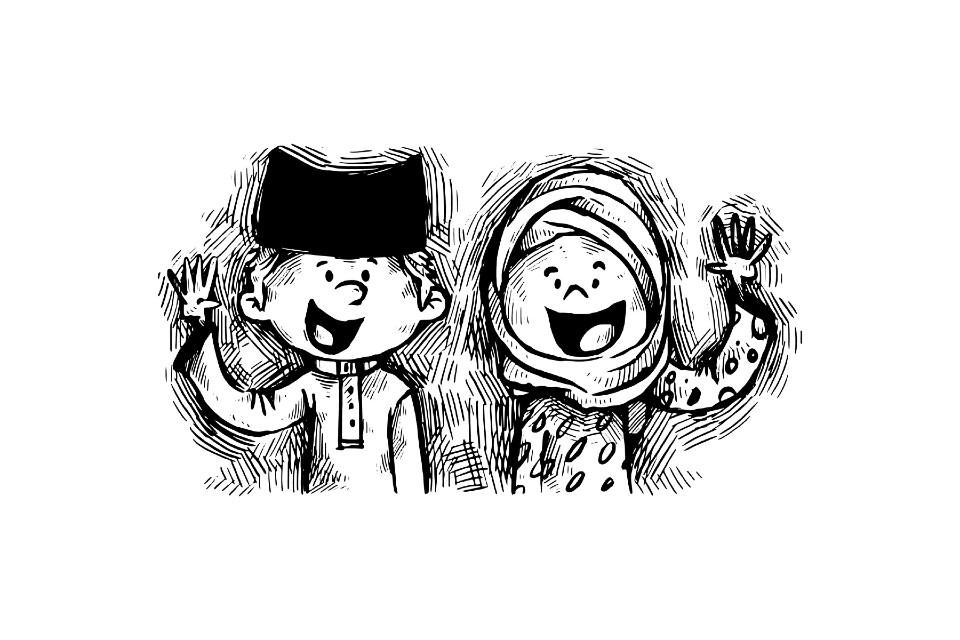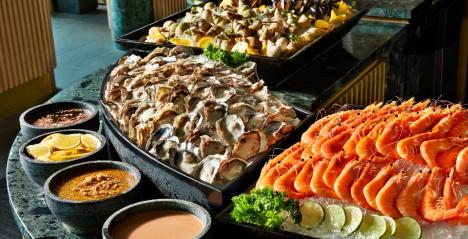The Muslim community celebrate a very significant date in the Islamic calendar known as Hari Raya Haji. In Islam, it is believed that Prophet Abraham was ordered by God to sacrifice his son Ishmael.
As he was a pious servant of God and would carry out God's commands without question, he was stopped from committing the sacrifice at the last moment and God replaced Ishmael with a sheep. Hari Raya Haji honours the Prophet’s willingness to sacrifice his son as an act of obedience to God and to recognise his faith. It also brought about the ritual of sacrifice we now know today as Qurban. This is not to be confused with Hari Raya Puasa, which celebrates the end of the fasting month of Ramadan.
On Hari Raya Haji Muslim women typically wear a Baju Kurung, Baju Kebaya or Jubah on the festival of Hari Raya. Men wear Baju Melayu together with Ken Sempany, which is a cloth worn over the trouser of Baju Melayu. Some men are also seen wearing a songkok on their heads.
There will be a curious amount of sheep being herded into mosques on Hari Raya Haji. After the morning prayers and sermons, livestock such as sheep, goats or cows are sacrificed in accordance to Islamic law or in the halal way.
The halal way ensures the most humane way of death for the animal. A sharp knife must be used with a swift cut to the two jugular veins which will lead to the brain immediately shutting down from the blood loss. The meat from the sacrifice is then collected and distributed to the poor.
It is also interesting to note, at least one-third of the meat must go to the poor. The other two-thirds are traditionally for one's family and, or neighbours. Many Muslins perform qurban - or send representatives to do it on their behalf in poorer South-East Asian, or West African communities. For these recipients, Hari Raya Haji might be the only time of the year they get to eat meat.
The date also shifts according to the Islamic Lunar Calendar. Muslims follow their own Islamic calendar, which is different from our usual Gregorian calendar as it is a lunar one and thus not in sync. Hari Raya Puasa is on the 1st of Syawal, the 10th month of the Islamic lunar calendar while Hari Raya Haji is on the 10th of Zulhijjah, the last month of the Islamic year. The calendars differ by about 11 days and this is why Muslim celebrations are not fixed to a specific date.
Hari Raya Haji also has another added significance as it marks the end of Hajj, the annual Muslim pilgrimage to the Holy Cities of Makkah and Madinah. It is the 5th Pillar of Islam and all Muslims are expected to complete it as least once in their lifetimes. For those who are not performing their Hajj, the rest of the Muslims would perform acts such as fasting from the 1st to the 9th of Zulhijjah, and on 10th Zulhijjah, participate in the morning Eid-ul-Adha prayer and help out at the mosque to perform the sacrifice of the sheep. Afterwards, there are simple house visits to close relatives for the rest of the day.
Selamat Hari Raya Haji!











